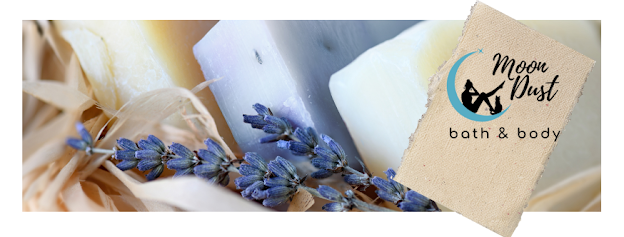Rosemary has a strong, minty aroma with a woody undertone. Derived from petite evergreen shrubs with sharp leaves and pale blue flowers.
Common Uses: Rosemary stimulates cell renewal and improves dry or mature skin. Its antiseptic properties help treat acne, blemishes or dull, dry skin by fighting bacteria and regulating oil production. Aromatherapists use Rosemary to stimulate circulation and reduce the appearance of broken capillaries and varicose veins. Because of its powerful properties, Rosemary can be used to fortify the nervous system and increase concentration and focus.
Rosemary, Rosmarinus officinalis, oil has a strong, minty, herbaceous scent. The name is derived from the Latin word Rosmarinus, which means “dew of the sea." The plant, considered sacred by the Romans, was used as a decoration for statues and paintings of the gods. In ancient Greece statues were decorated with rosemary wreaths and students wore rosemary in their hair while studying--they believed it strengthened their memory. Rosemary essential oil balances oily or problem skin, and helps in the treatment of comedones (pimples, whiteheads, blackheads) and acne. It is good for eczema and relieves muscle aches. It has antiseptic, antibacterial and antiviral properties. In hair care, rosemary is a good tonic for thinning hair and dandruff. Rosemary encourages the growth of strong healthy hair by improving blood flow to the scalp, increases manageability and brings out the highlights of dark hair. Aromatherapy Properties: the invigorating fragrance wakes up the brain, stimulates mental activity, restores vitality, increases creativity and improves memory. From ancient times rosemary has been regarded as a token of remembrance. Rosemary essential oil aromatherapy should not be used when pregnant.


Comments
Post a Comment